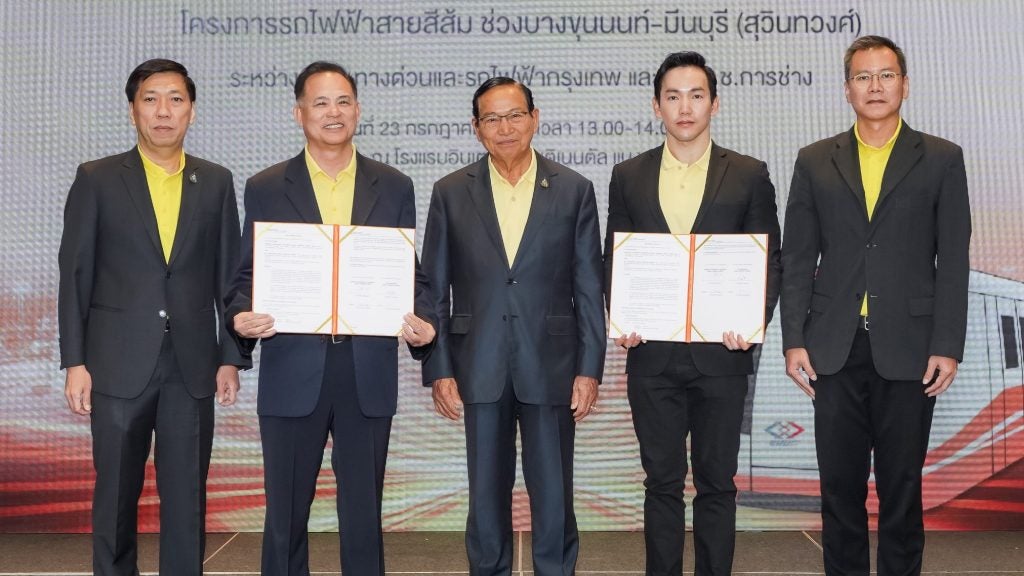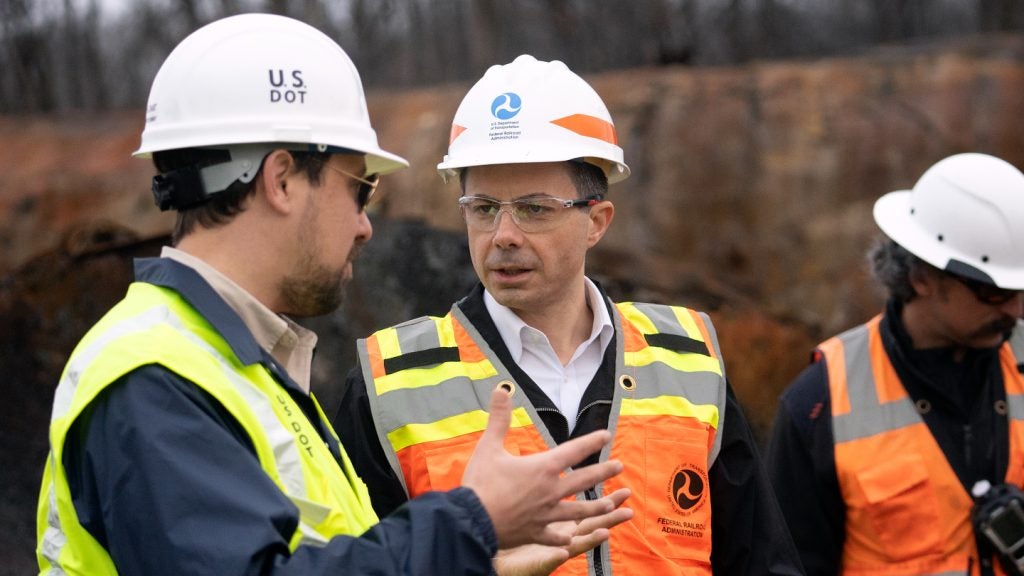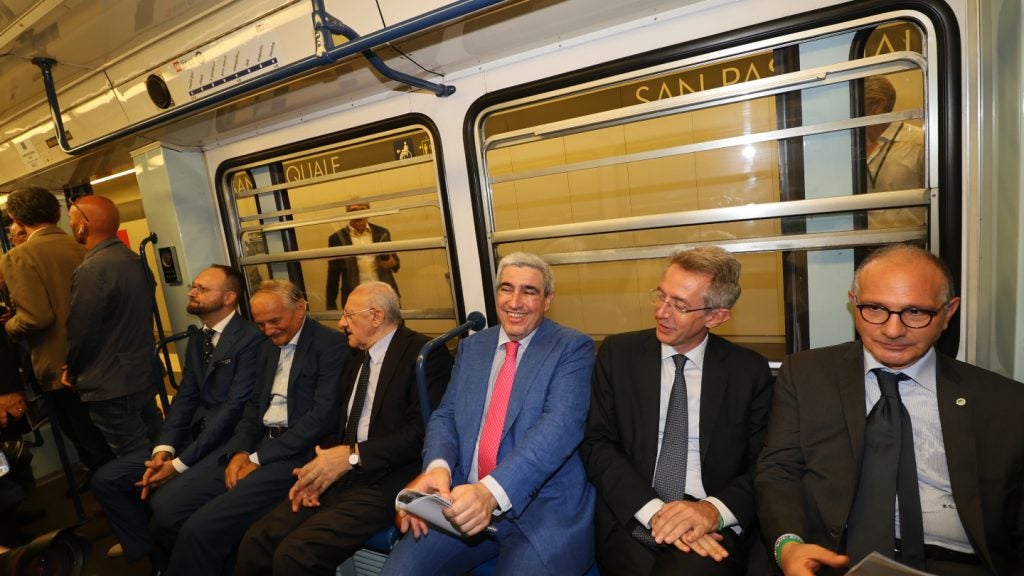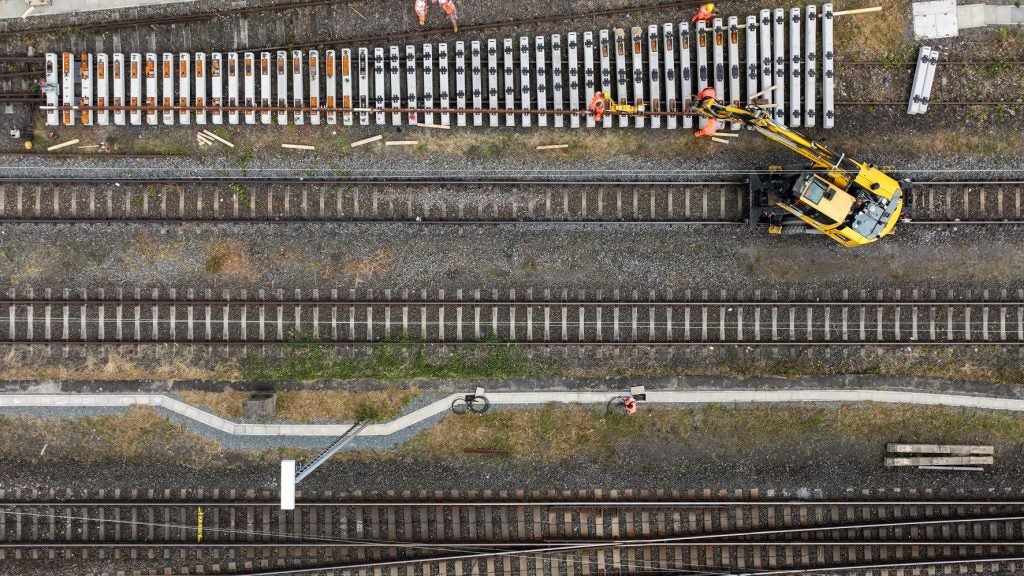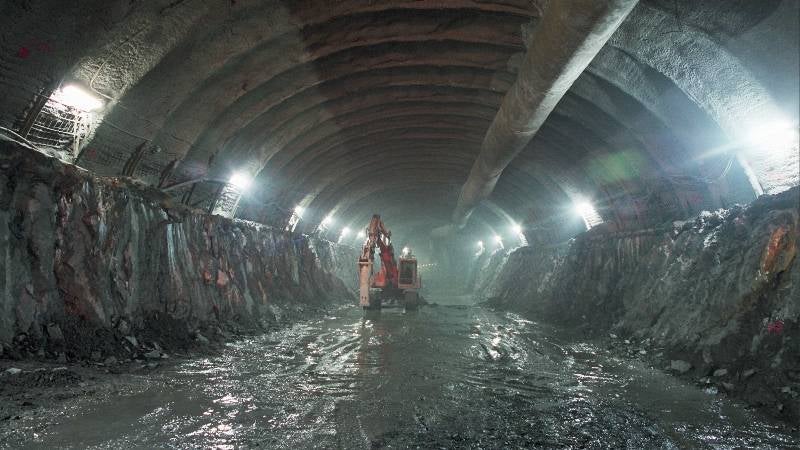
The Basque Country’s autonomous infrastructure provider, Euskal Trenbide Sarea (ETS), has awarded the latest construction contract for Bilbao’s new metro line.
Free Buyers Guide
Leading Guide to Rail Tunnel Construction, Surveying and Safety Management Companies
Thank you.
Related Company Profiles
Your download email will arrive shortly.Please check your mail inbox to download buyer's guide
You may also be interested in:

A joint venture of Acciona, Sacyr, Altuna y Uria and Bycam will build the 2.8km underground section of the 6.3km line through the centre of the city. Along with tunnelling under the city and constructing new ventilation systems, two new stations will be built to service the line, as part of the joint venture contract.
Expected costs for the central segment of the new line runs to €88.1m ($96m) and work is expected to begin in September.
The new line will connect the Etxebarri and Usánsolo quarters directly, cutting out the need to change trains in the busy central zone. The Bengoetxe and Galdakao neighbourhoods will benefit from new stations on the route. The intention, according to ETS, is to improve services from the Ibaizabal district to the centre.
Currently, local metro services share a dual track with Euskotran trains, the Basque regional rail service. This line will be shut down once the new line and its station are ready.
The full line is due to reach completion in 2029.
Free Buyers Guide
Leading Guide to Rail Tunnel Construction, Surveying and Safety Management Companies
Thank you.
Your download email will arrive shortly.Please check your mail inbox to download buyer's guide
You may also be interested in:

By downloading this case study, you acknowledge that GlobalData UK Limited may share your information with our white paper partners/sponsors who may contact you directly with information on their products and services.
Visit our Privacy Policy for more information about our services, how GlobalData may use, process and share your personal data, including information on your rights in respect of your personal data and how you can unsubscribe from future marketing communications. Our services are intended for corporate subscribers and you warrant that the email address submitted is your corporate email address.

Sign up for our daily news round-up!
Give your business an edge with our leading industry insights.

